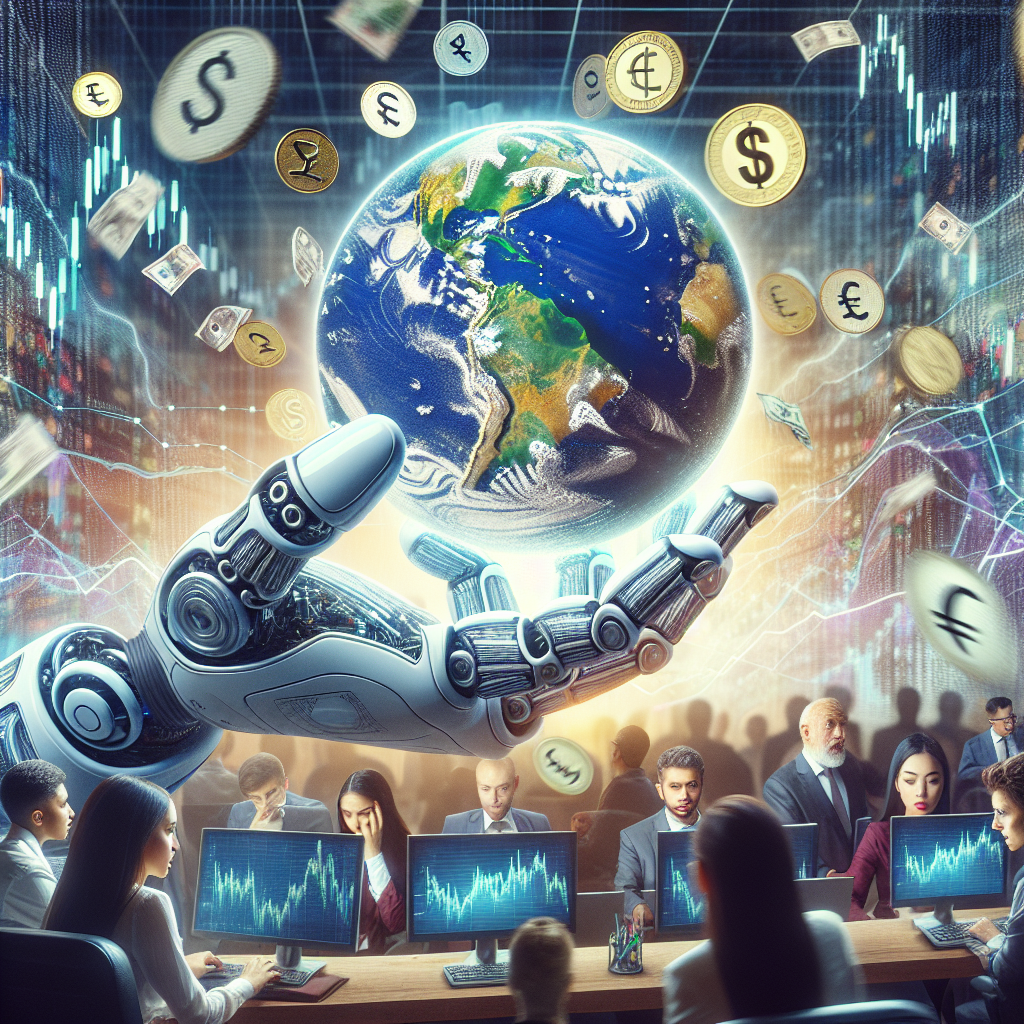AI Revolution Transforming Global Economy
In 1830, the invention of the mechanical loom threatened tens of thousands of textile workers, igniting the Luddite movement. Now, nearly two centuries later, the AI revolution transforming global economy echoes that same shockwave—only this time, the roots run deeper, touching not just labor but every corner of capital flows, productivity, and innovation.
AI Disruption Is Not Coming—It’s Here
Artificial Intelligence is no longer a forecast—it’s a fundamental economic force reshaping labor markets, geopolitics, and long-standing business models. From advanced language models to generative AI applications, the technology is pushing industries to rethink their operations. The scale and speed of its impact are unlike anything seen in modern economic history.
According to leading economists, early adopters of AI technologies are already showing major productivity gains. Unlike previous technological waves that primarily displaced blue-collar workers, generative AI is quickly transforming white-collar roles, from financial services to journalism. What was once considered immune to automation is now being redefined.
Winners and Losers in the AI-Powered Economy
The emergence of AI is redrawing the economic map. Countries that lead in AI development and data infrastructure are poised to widen the gap from their rivals. The United States and China continue to dominate the race, investing heavily in AI research and development. In contrast, regions lacking in digital infrastructure risk falling further behind.
Key Trends Shaping the Future
- Hyper-productivity: AI is enabling smaller teams to achieve exponential productivity, challenging large organizations to adapt or be left behind.
- Labor market polarization: While low-skill and high-skill jobs are in demand, middle-tier white-collar roles face increasing automation pressures.
- Global rebalancing: Emerging markets may leapfrog development stages through AI-driven business models, bypassing traditional industrialization.
- Policy lag: Governments worldwide are struggling to update outdated regulatory frameworks to address AI’s ethical, legal, and economic implications.
Preparing for the AI-Driven Transition
To navigate this upheaval, businesses and policymakers must act decisively. Investment in digital literacy, reskilling programs, and robust AI governance is essential. Economies that embrace adaptive strategies—supporting humans working alongside AI rather than against it—will be best poised for long-term stability.
As this technological tide rises, simply standing still is not an option. Nations and organizations must swim or risk sinking in a globally connected economy where intelligence, not just capital or labor, drives growth.
Looking Ahead
The AI revolution transforming global economy is setting the stage for a new era, one where agility, innovation, and responsible governance will determine success. Whether it leads to mass prosperity or deep inequality will depend on the choices made today.
For a deeper dive into the economic and geopolitical dimensions of this shift, check out The Economist’s podcast on AI & the global economy.

